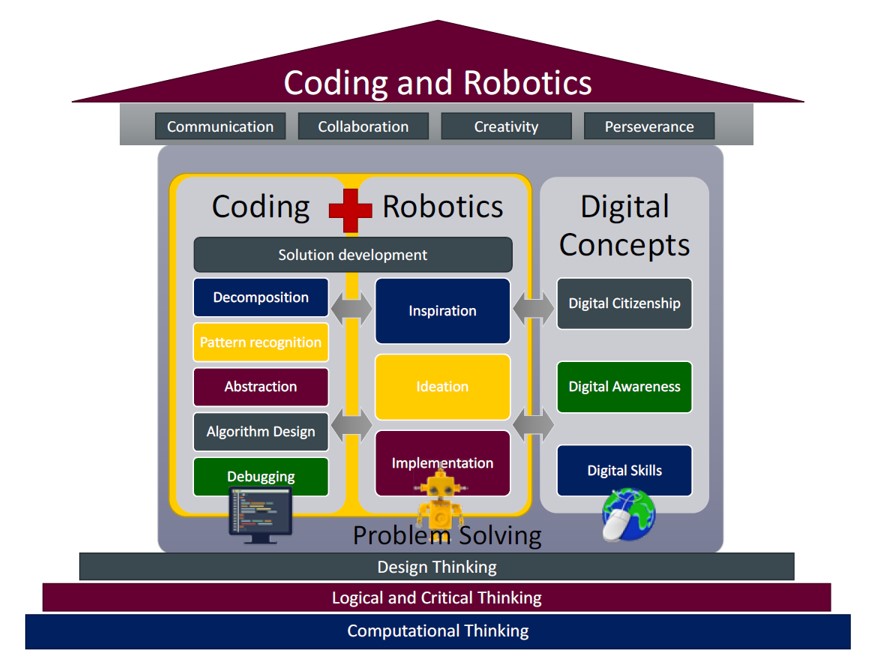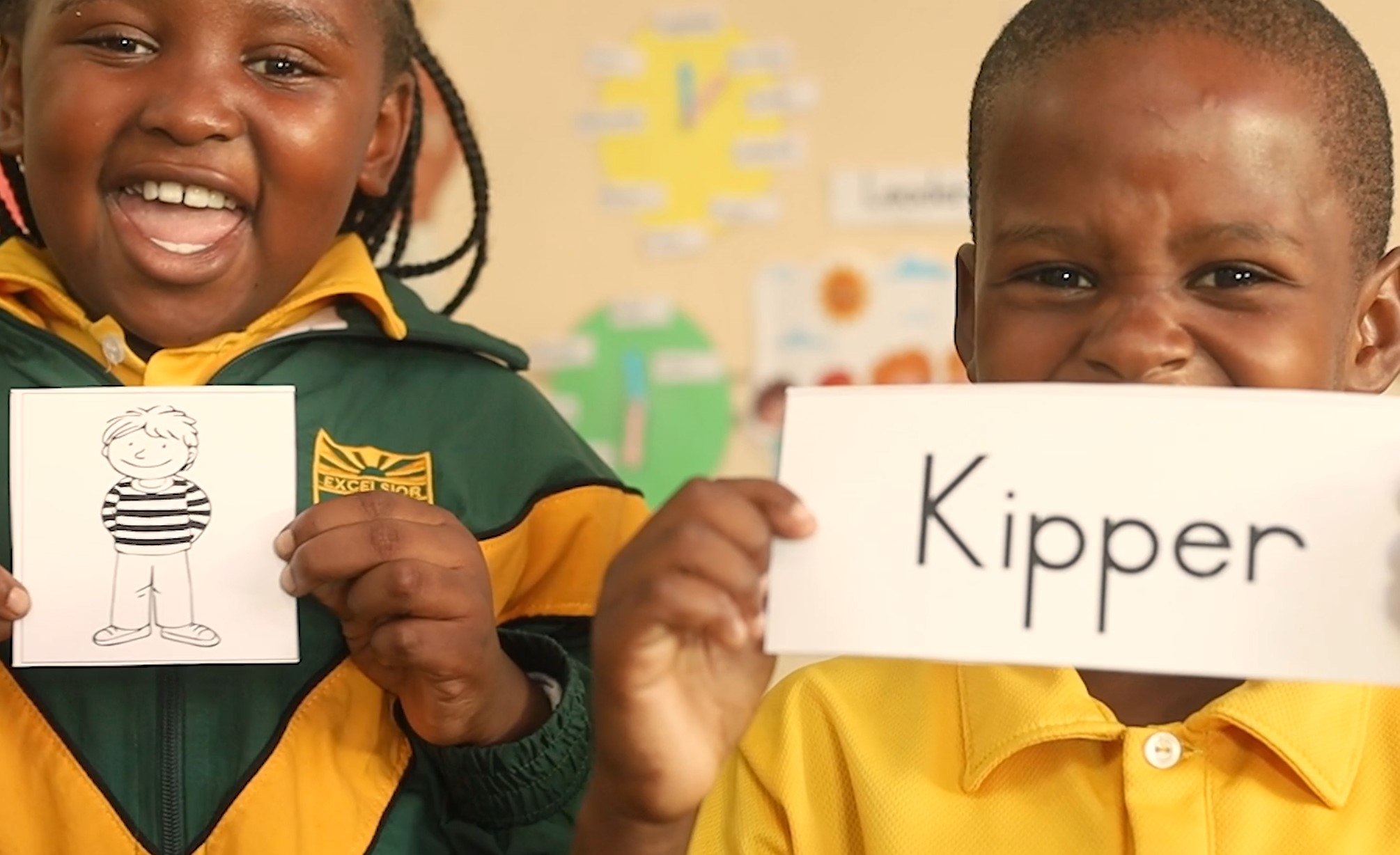"The innovative work done by #TangibleAfrica is putting South Africa at the forefront of widening access to technology education through their wide range of offline "unplugged" coding games and activities, teaching coding through play."
Corna Olivier, Lecturer at Stadio Faculty of Education
I had the privilege to present the Tangible Africa tools to academics in the Faculty of Education at Stadio University in Midrand. The focus was on our free CAPS aligned Foundation Phase lessons as well as Rangers. Without a doubt, our Foundation Phase lessons guide teachers to cover the whole curricula from Grade R to 3, and the excitement with which the Stadio academics embraced the lesson was very encouraging.

While preparing, I had to specifically focus on the objectives and contents of the intermediate curriculum and how Rangers aligns – the curriculum will be rolled out for Grade 4 in 2027. Packages like Scratch are recommended. There are, consequently, concepts which Rangers, does not support.
That said, I am encouraged to say the following regarding Rangers:
· It definitely demystifies coding and prepares teachers well for Grade 4 implementation in 2027.
· As a programming language, Rangers supports the teaching of all 7 of the main coding content areas as stipulated in the curriculum (see Figure 2).
· The basics of Problem Based Learning, as defined in the curriculum, are covered throughout (see below).
· Learners constantly apply the 4 components of computational thinking as steps for solving problems (see Figure 3).
· The soft skills of communication, collaboration, creativity and perseverance are enhanced as the coding challenges are solved in groups (see Figure 1).
· The Rangers game and how it works makes it very accessible to teachers.
· It is a great first steppingstone towards understanding and implementing Scratch.
· Our weekly lessons actively guide teachers and strengthen the impact of our tools.
Clearly Rangers cannot cover the topics of Design Thinking and Digital Concepts (see Figure 1), but our offline lessons on Design Thinking and Digital Citizenship goes a long way in addressing this. Many teachers have effectively completed (and implemented) our Design Thinking module, which is now also available online.
I am not yet convinced that all primary schools in South Africa will have the necessary devices by 2027 to roll out the curriculum for Grade 4. After the training at Stadio, I am, however, once again encouraged that what Tangible Africa can offer those schools, will go a long way in assisting their learners not to be left behind on the wrong side of the digital divide.
Follow this LINK for an overview of Tangible Africa projects that support teachers.
Appendix
Problem Based Learning
• Understand the problem
• Analyze the problem
• Break into smaller parts
• Look for Patterns
• Develop a high-level solution
• Develop a detailed algorithm
• Test and debug the algorithm






